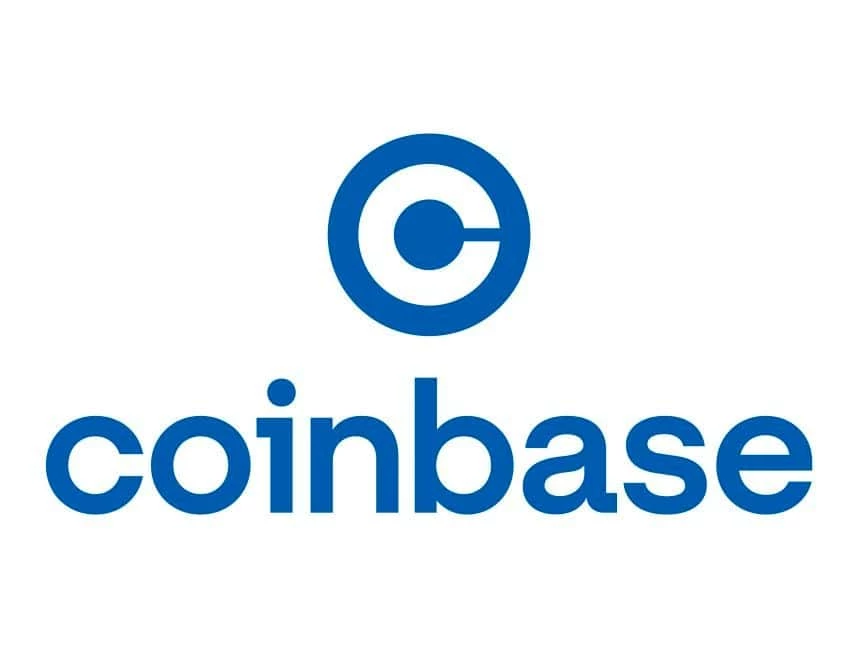

A Regulatory Milestone
Coinbase’s registration with India’s Financial Intelligence Unit (FIU) is a milestone achievement, according to Chief Legal Officer Paul Grewal. The country’s financial watchdog, operating under the Ministry of Finance, has ramped up scrutiny on crypto firms to curb illicit transactions. The Reserve Bank of India (RBI) has long resisted crypto adoption, even imposing a banking ban in 2018—though the Supreme Court struck it down in 2020.
Coinbase now joins Binance and KuCoin in clearing India’s regulatory hurdles. Binance, which paid a $2.2 million penalty, resumed services in August 2024, while KuCoin settled for $41,000. “India represents one of the world’s most dynamic markets for crypto and on-chain innovation,” Coinbase stated, underscoring its commitment to this evolving market.

The Road Back to India
Coinbase’s India ambitions started in 2022 but quickly ran into trouble. The exchange launched in April, eager to serve a booming crypto market, but within days, the National Payments Corporation of India (NPCI) raised red flags about using UPI for crypto transactions.
Coinbase had no choice but to pause services. CEO Brian Armstrong later pointed to resistance from the Reserve Bank of India (RBI) as a key issue.
Three years later, the situation looks far more promising. India’s crypto industry has seen steady growth, backed by grassroots adoption and clearer regulations following the Supreme Court’s 2020 ruling lifting the RBI’s banking ban on crypto. At the same time, global sentiment has shifted, with President Donald Trump’s administration taking a pro-crypto stance—giving companies like Coinbase the confidence to expand back into high-potential markets like India.
Why India Matters
With a population of over 1.4 billion and a booming startup scene, India is a prime market for crypto. Chainalysis data ranks the country as a leader in retail trading and DeFi activity in Central, Southern Asia, and Oceania. Adding to its appeal, a 2023 Coinbase report found that Indian blockchain developer numbers grew by 12%, outpacing other emerging markets.
Coinbase is taking note.
“We’re committed to building in markets that believe in the potential of crypto,” said John O’Loghlen, Coinbase’s APAC Managing Director. The exchange is rolling out services in phases – starting with institutional offerings before launching retail trading in late 2025.
This measured approach should help Coinbase adapt to India’s regulatory complexities, including its 30% tax on crypto gains and the 1% transaction levy introduced in 2022.
Looking Ahead
As Coinbase gears up for its Indian relaunch, all eyes are on how it will differentiate itself in a crowded market. Will it leverage its user-friendly interface and robust security—hallmarks of its U.S. success—to win over Indian traders? Or will it face fresh challenges from a government still wary of crypto’s risks? For now, the mood is “mega bullish.”
For Indian investors, Coinbase’s return offers a new avenue to join the global crypto wave. For the exchange, it’s a bold bet on a market brimming with potential. As the rollout unfolds, one thing is clear: India’s crypto story is entering a new chapter, and Coinbase intends to write a big part of it.
He has worked with several companies in the past including Economy Watch, and Milkroad. Finds writing for BitEdge highly satisfying as he gets an opportunity to share his knowledge with a broad community of gamblers.
Nationality
Kenyan
Lives In
Cape Town
University
Kenyatta University and USIU
Degree
Economics, Finance and Journalism


Facts Checked by Vlad Hategan

 Fact checked by
Fact checked by 
 eabungana@gmail.com
eabungana@gmail.com 